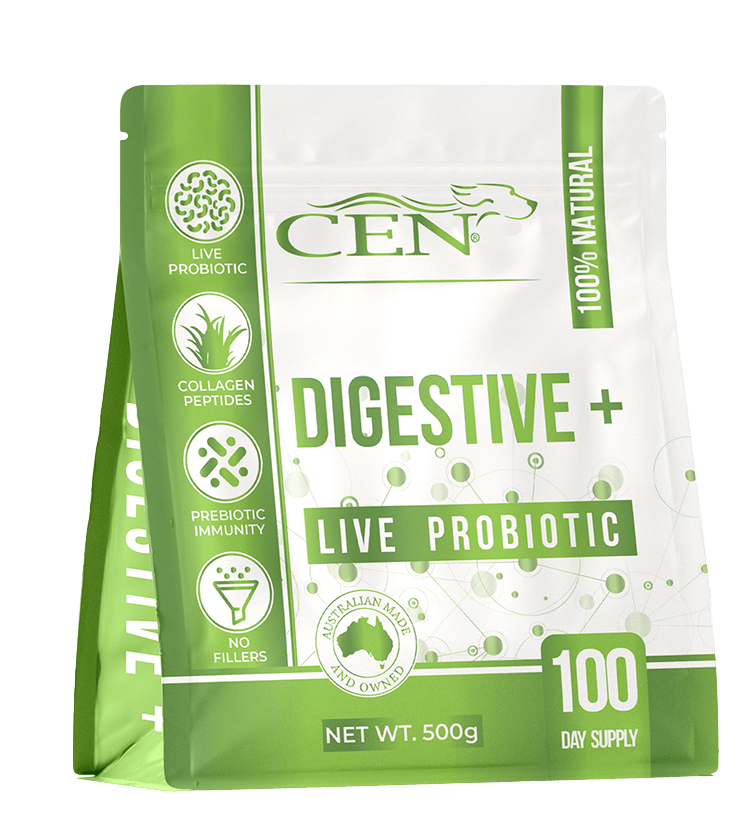
Topics covered in this article:
Causes Of Grass Allergies
Signs And Symptoms
Diagnosing
Treatment Of Grass Allergy
CAUSES OF GRASS ALLERGIES
Grass allergy does not occur when dogs eat grass. Similarly, it has no relation to the grass underfoot. In fact, this problem is caused by the seasonal pollen that grass releases when it matures. However, other pollen-borne allergies can affect dogs, and if you notice any of the symptoms, it is important to have your dog tested.

Pollens are very small in size, almost invisible, and can travel long distances in the air. This is one of the reasons why your dog often suffers from allergies even though you don't have a yard in your home. Pollen affects dogs when they enter the body through the lungs. Sometimes pollen also creates a skin allergy. That is why it is important to bathe your dogs and clean their legs and paws when they come from outside. Grass allergy is usually seasonal and occurs mainly in dogs in early summer and late spring. That is why dogs allergic to grass pollen only show signs in these seasons.
HELP TO EASE THE SYMPTOMS NATURALLY

SIGNS AND SYMPTOMS

- Diarrhoea
- Bald spots on the body
- Excessive licking
- Crusty or moist skin
- Hives
- Red eyes
- Runny nose
- Sneezing
- Snoring
- Scratching on muzzle, paws, underarms, ears, eyes, anus and groin
DIAGNOSING
Diagnosing grass allergies in dogs is not easy, and you have to keep a close eye and keep track of their allergy symptoms. Most treatments are given before diagnosis to relieve symptoms. In addition, blood tests and intradermal skin tests are performed.
TREATMENT OF GRASS ALLERGY
There are different ways to treat grass allergy in dogs. Most vets prescribe antihistamines, corticosteroids, and topical gels or creams. Some vets also prescribe medicated shampoos to decrease itching in dogs.
However, these treatments sometimes do not work and have side effects.
Looking at natural dog supplements like CEN Digestive + which helps the immune system health through the promotion of a healthy gut. The microbiome environment can be affected by stress or medications and this has an impact on the immune system.

CEN DIGESTIVE +
S. boulardii (Live Probiotic) helps protect against disease-causing pathogens by preventing them from taking up residence inside the gut. Harmful microorganisms like Salmonella bind to the surface of S. boulardii cells, and once this binding takes place, the pathogen can no longer bind to the surface of the intestine.
Seasonal allergies can affect a dog if they suffer from Leaky Gut Syndrome (click here to read).
CEN Digestive + and CEN Collagen are excellent products to help repair the intestinal wall and help recover from the syndrome. CEN Oil would be another great addition to the diet for skin/coat health and to help lower the irritation.
CONCLUSION
It is impossible to avoid grass allergy in dogs, but you can help your dog by diagnosing this problem and treating it early.
Furthermore, it is essential to take good care of your dogs in grass pollen season and keep them indoors. Feeding natural supplements daily can help improve the immune system and lower the risk of an allergy reaction.
